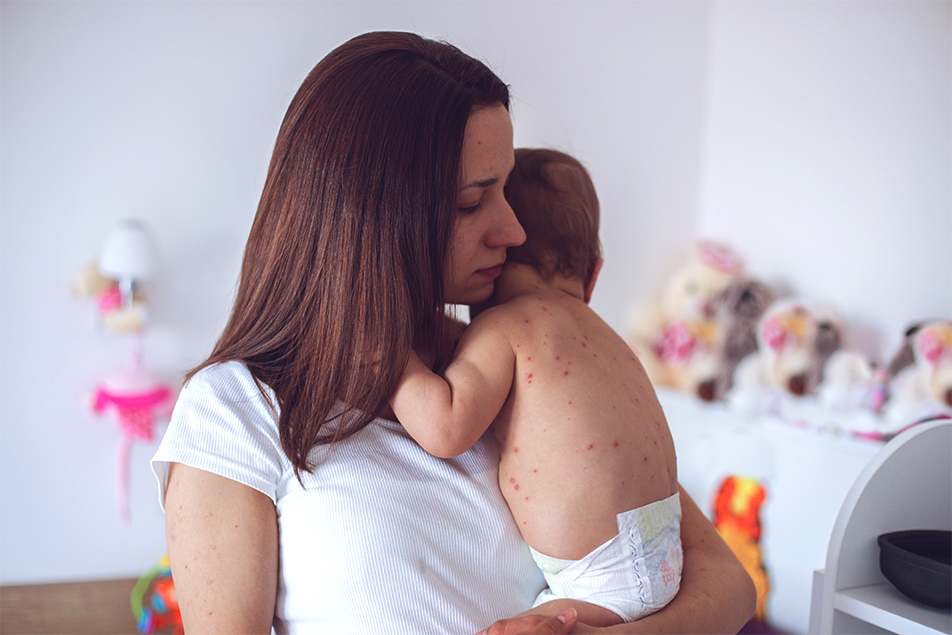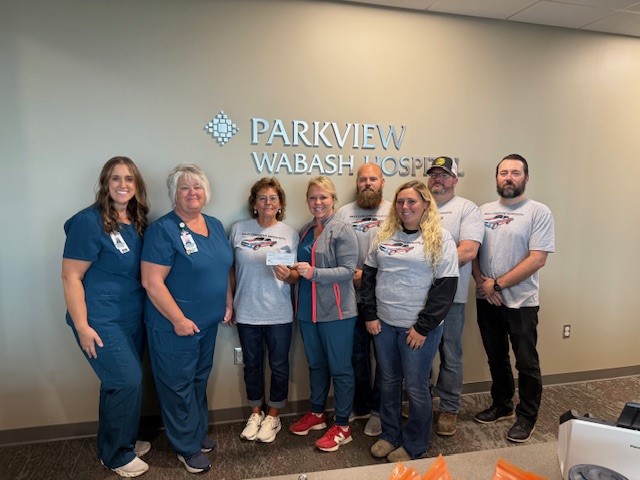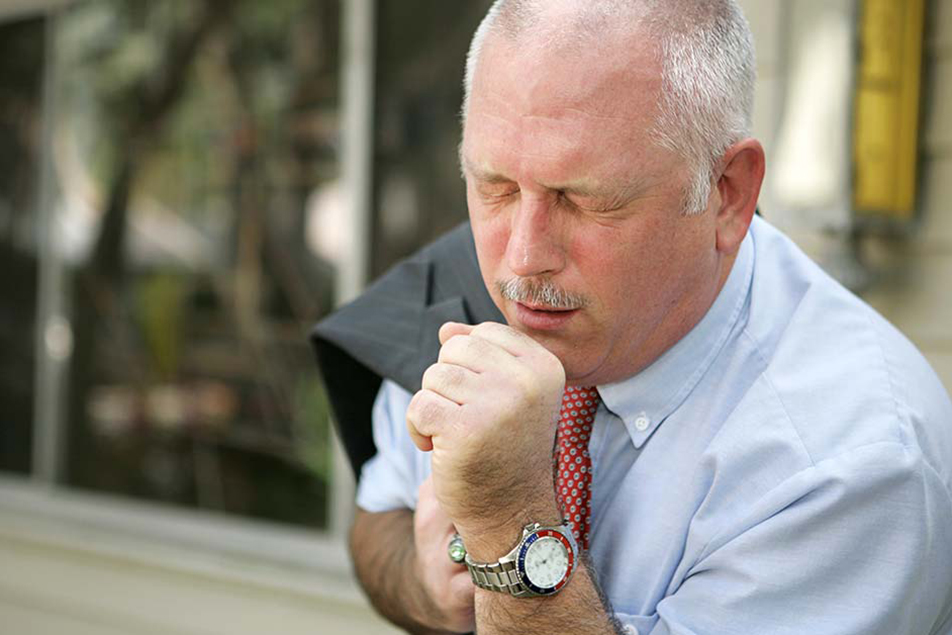
Robyn Schmucker, MD, PPG – Pediatric Infectious Diseases explains why it’s so important to know the warning signs of measles and how you can protect your family.
Symptoms
People often think of measles presenting with that characteristic rash, but in truth, measles start with upper respiratory symptoms. We call them the “3 Cs” – cough, coryza (runny nose) and conjunctivitis (red eyes). After these symptoms begin, within approximately 2-3 days patients will experience a fever.
Then we see the characteristic rash, typically within 5 days of the onset of the cough and upper respiratory symptoms. The rash starts around the hair line and spreads towards the feet. Children who have received one MMR vaccine and become infected with measles may have mild symptoms instead of the classic "3 C's."
Vaccinations
Measles is one of the most contagious diseases we know of, mostly because of its makeup. It can remain in rooms for up to 2 hours after the infected person leaves. Up to 90 percent of non-immune people will become infected if exposed.
It wasn’t until 1989 that physicians began recommending that kids get two measles vaccines to protect them against the virus. If you were born before 1991, it’s important to check with your medical provider to confirm you are immune. Any child born after 1991 should have received the two vaccines (MMR) and be immune. During a measles outbreak, MMR can be given to infants as young as 6 months of age. This dose does not count towards the 2-dose series.
Treatment
There is no great treatment for measles since it is a virus. We can only provide supportive care. If your child is showing mild symptoms, it's best to start with a virtual health visit. A provider can help you manage care at home and decide if further treatment is needed. In most cases, rest, fluids and staying home are the best medicine. If your child is having trouble breathing, refusing to eat or drink, or has a change in mental status, take them to the emergency room.
If a child is dehydrated, we can admit them to the hospital for IV fluids. If they have a vitamin A deficiency they are more prone to infections, so we can give them a supplement during the infection. However, neither vitamin A supplement nor cod liver oil supplement will prevent a child from acquiring measles and could actually harm a child if given incorrectly.
We do have populations that are unimmunized, so it’s important to be aware of the risks. Those who are infected are contagious often before symptoms present. If you think you or your child has been exposed to measles, contact your doctor right away and don’t go out in public unless you know you are immune.



